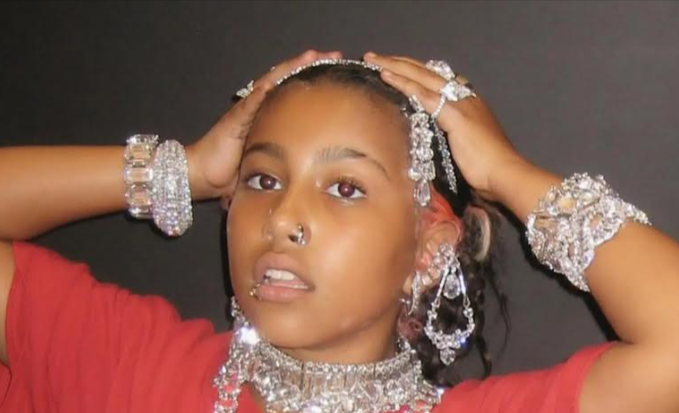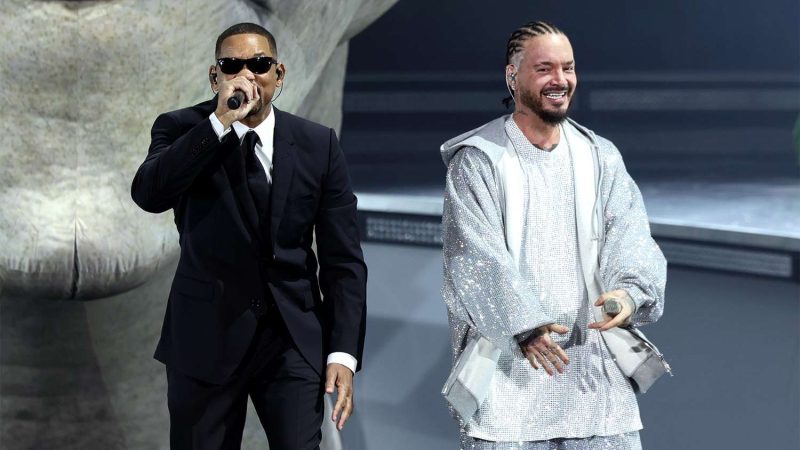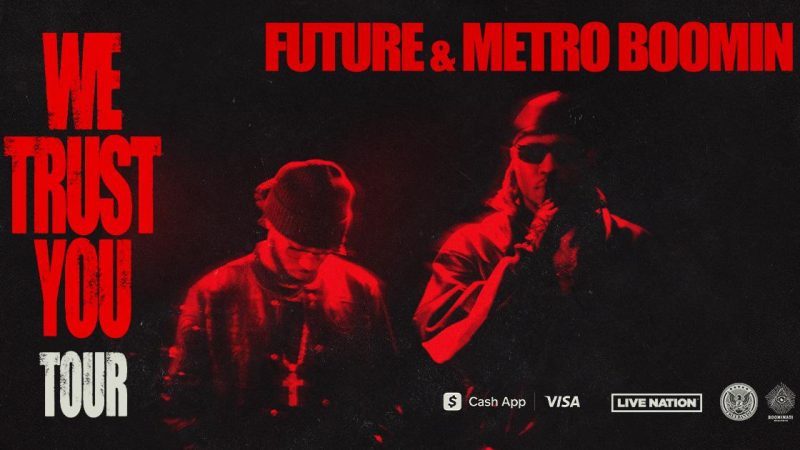A Response To Ben Shapiro’s Claim That “Rap Is Not Music”

On the latest episode of The Ben Shapiro Show, the titular political commentator, in all of his insufferable glory, attempted to convince his audience that “rap is not music.” “In my view, and in the view of my music theorist father who went to music school, there are three elements to music. There is harmony, there is melody and there is rhythm,” Shapiro said shortly after the 30-minute mark. “Rap only fulfills one of these, the rhythm section. There’s not a lot of melody and there’s not a lot of harmony. And thus, effectively, it is basically spoken rhythm. It’s not actually a form of music. It’s a form of rhythmic speaking. Thus, beyond the objectivity of me just not enjoying rap all that much, what I’ve said before is that rap is not music.”
It’s not the first time that Shapiro has voiced such a half-baked assessment. You’ll remember his unintentionally funny “Rap Is Crap” column from 2009, or his opinion-masquerading-as-fact tweet from 2012 that was neither rational or well thought out (the comments of said Twitter gem have since become littered with ridiculing memes and acknowledgements of Kendrick Lamar’s 2018 Pulitzer Prize in Music for DAMN.). Mind you, this is coming from the same emotionally-stunted individual who tweeted that Trayvon Martin’s death was deserved and demanded that rape victims remember what their attacker’s genitilia look like. And if we’re being completely honest, can you really take someone who uses “thus” in consecutive sentences seriously? Shapiro’s credibility is next to nonexistent; he’s a bottom-feeding influencer who subsists on the fear, hate, xenophobia, and racism of the 24-hour news cycle. But if you’ll indulge me for the sake of this article, let’s take a moment to dissect Shapiro’s argument piece-by-piece, shall we?
1. “In my view, and in the view of my music theorist father who went to music school, there are three elements to music. There is harmony, there is melody and there is rhythm.”
It seems as if congratulations are in order, because little did we know that Shapiro has bestowed upon himself the first doctorate by paternal association. Tragically, this one’s a rotten dud of a diploma. Beyond the fact that this route of persuasion is nothing more than a blundering appeal to authority, Shapiro’s curtailed conceptualization of music would seem to speak to some unknown childhood trauma in which his father bludgeoned him over the head with the aforementioned “three elements of music.” It’s as if he plucked a few nouns out of a MAGA hat, decided that they were serviceable descriptors, and called it a day, sweeping definitive statements be damned. I hate to burst your bubble, Benny boy, but none of the three exceedingly basic criteria that you selected even begin to encapsulate music’s makeup. Shapiro’s essentially setting up the argument that a piece of music qualifies as music if and only if it checks the boxes that he’s deemed mandatory. And yet I have a hard time imagining him discrediting, say, a cello solo from Yo-Yo Ma simply because the virtuoso isn’t backed by adequate “rhythm” and fails to achieve the “harmony” that would come from playing alongside an expanded strings section. Not all music needs to share a common equation.
2. “Rap only fulfills one of these, the rhythm section. There’s not a lot of melody and there’s not a lot of harmony. And thus, effectively, it is basically spoken rhythm. It’s not actually a form of music. It’s a form of rhythmic speaking.”
How hoity-toity can you get? Forgetting for the moment that there are a host of additional components that go into the creation of music, such as tempo, texture, and timbre, I can think of a number of contemporary rap artists (since they’re the ones he seems to be targeting) whose music fulfills the bundled Shapiro family requirements. Kanye West’s incredibly diverse fusion of influences via crate-digging ushered all three into the 21st century in novel fashion, while melody in its most rudimentary form has been popularized through the dynamic success of rap-crooners like Drake, Young Thug, and Travis Scott. In truth, rap has never been more melodic in its roughly forty plus years of existence than it is in 2019, in part due to its adoption of the more accentuated elements of pop. Surely Shapiro has heard of one “Old Town Road”? That’s to say nothing of rap’s now commonplace integration of harmony on hooks (just give the latest Post Malone record a spin) and its complementary relationship with R&B that dates back to the genre’s earliest manifestations.
3. “Thus, beyond the subjectivity of me just not enjoying rap all that much, what I’ve said before is that rap is not music.”
This is really the crux of Shapiro’s “argument”: that he simply doesn’t enjoy rap, and is content to let his opinion inform what he proclaims to be factual evidence (strange, because this is exactly the kind of narrow-minded behavior that he loves to lambast on the daily). He even openly admitted that he has little to no knowledge of the genre, and his tired cultural case against rap (which I’ve already cross-examined in a prior piece) as it relates to his musical case against rap is entirely besides the point. At its core, it’s a reductive and snobbish attempt to refute the musical talent required to rap. If you’re close-minded enough to write-off a genre of music, or really anything for that matter, based on a few scant samples or what you glean from the mainstream, then you’re bound to have a skewed perspective that is in no way reflective of the breadth and depth of the entire artform. With the utmost respect to the Famous Cryp, Blueface’s discography stands as a poor example on which to judge rap as a whole, even as a number of his catchiest singles have infiltrated the public consciousness in recent months. But does this discount the musical legitimacy of his Courage the Cowardly Dog yelps? Not in the slightest; Shapiro just can’t be bothered to do his research.
Once again, ignorance has proven to be Shapiro’s drink of choice, and he’s slurping down the Kool-Aid with a passion. For someone who struts around under the pretense of being an intellectual, Shapiro truly made a fool of himself in expressing such a stinking heap of hot take, one that was quickly and mercilessly discounted by internet trolls the world over. I don’t think it’s a coincidence that he failed to respond to the subsequent outrage; he gets his rocks off being divisive, and this latest stunt is no different. All of this is to say that Shapiro’s opinion of rap isn’t the least bit surprising. Rap is a malleable and often celebratory embodiment of the black experience in America, which as we’ve seen makes him mightily uncomfortable. I don’t know that Shapiro has a musical bone in his body. What I do know is that rap music is realer than anything that has ever come out of his godforsaken mouth.
Ben Shapiro is a walking-talking case study on why you should refrain from professing an ability to speak on things that you’ve never genuinely taken the time to understand. His take on rap is the same dumb talking point that has been regurgitated time and time again by people who are so clearly out-of-touch with the times that it’s outright embarrassing. Though slightly less overt in its racist intentions than the 20th-century critics of jazz who pooh-poohed the genre for not being “dignified” enough for their tastes, it’s cut from the same unsavory cloth. Not that anyone should be giving him the time of day at this point, but I can already hear Shapiro’s bumbling evaluation being flipped in the intro of the next J. Cole single, or castrated by DaBaby in what are quickly becoming some of the music industry’s most entertaining visuals. So yes, based on your limited view of the matter, Ben, rap is indeed music. And for the record, facts don’t care about your feelings.




![[LISTEN] Lupe Fiasco Claims That Drake Is A “Better Rapper” Than Kendrick Lamar](https://getknownradio.com/wp-content/uploads/2024/04/Screenshot-2024-04-16-at-10.59.22-AM-800x450.png)
